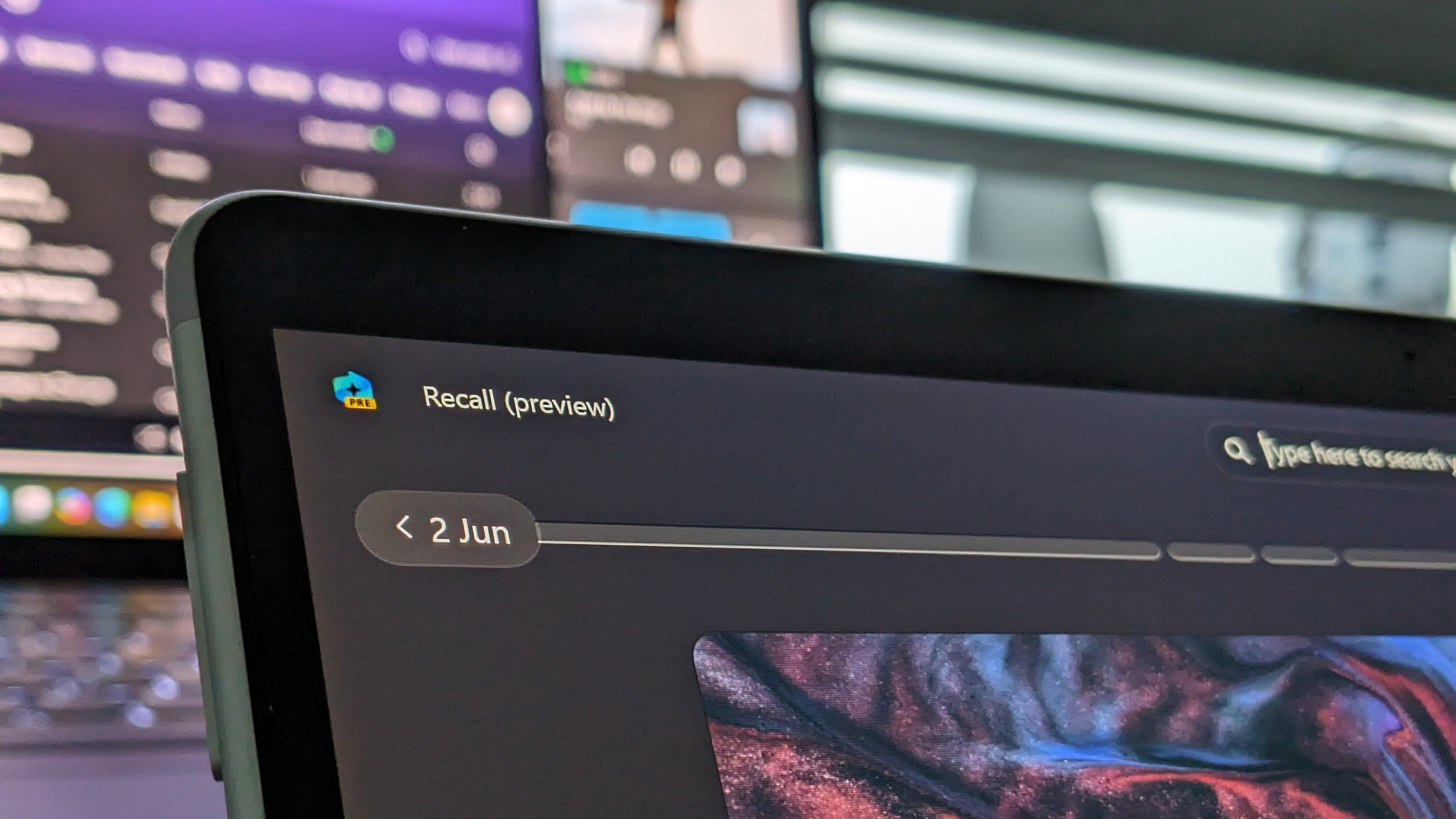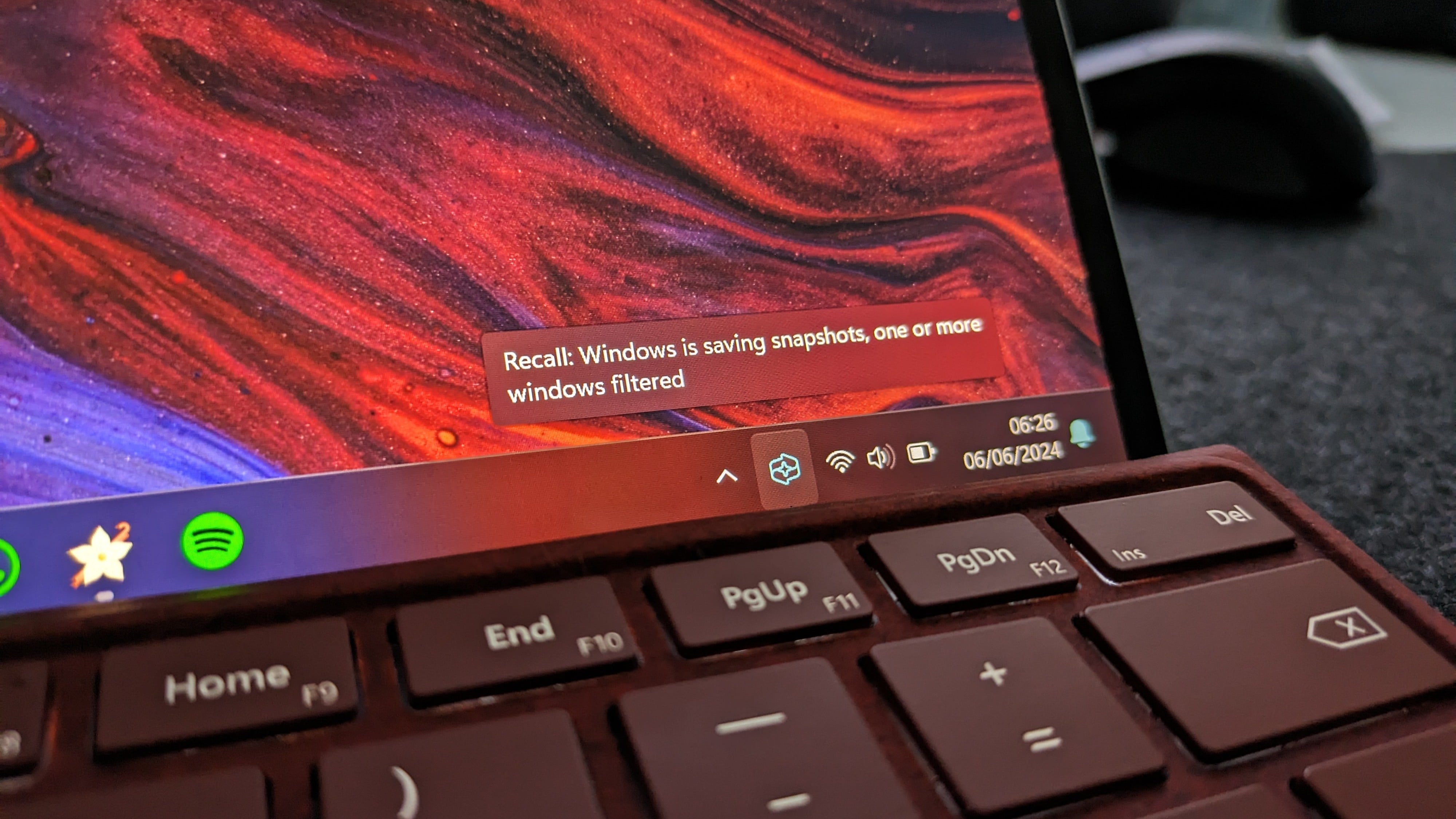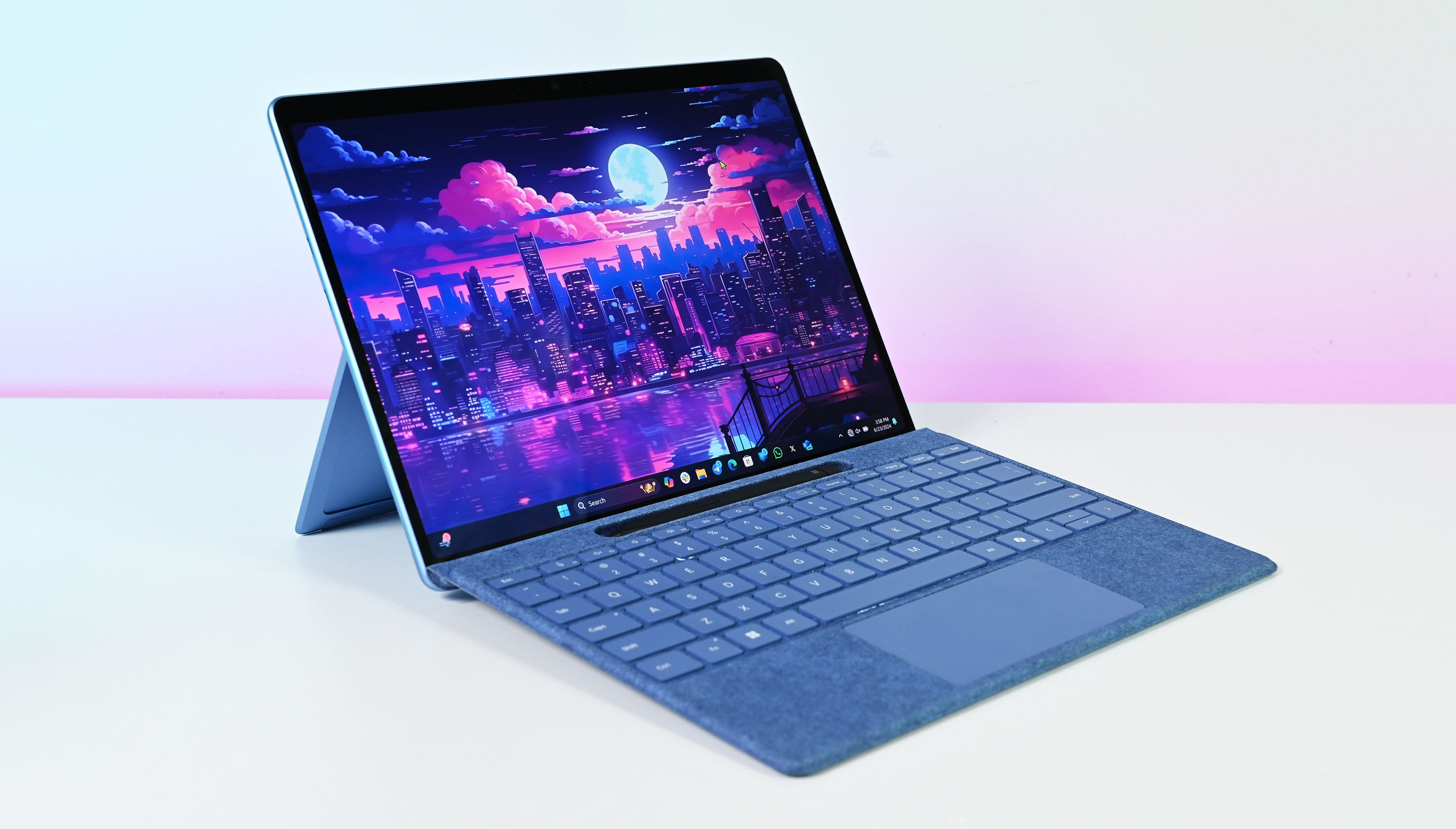Controversial Windows Recall feature will be uninstallable, or so it seems
The latest optional update for Windows 11 includes the option to uninstall Windows Recall.

What you need to know
- The most recent optional update for Windows 11 includes the option to remove Windows Recall from a PC.
- Windows Recall is a feature that uses AI to take snapshots of what appears on your screen, allowing anything you do on your PC to be searchable.
- The feature drew criticism for privacy and security concerns, which led to Microsoft delaying the release of Recall.
- Microsoft plans to start testing Recall among Windows Insiders beginning in October 2024.
After a short period of radio silence on one of its flagship AI-powered features, Windows Recall, Microsoft shared its plans for testing the feature among Windows Insiders. But that timeline may be overshadowed by a piece of information that Microsoft was not so talkative about. It appears that it will be possible to uninstall Windows Recall from Windows 11. That goes one step further than letting users disable the feature and could go a long way in easing concerns about privacy and security.
As spotted by Deskmodder, the most recent optional update to Windows 11 (KB5041865) includes the option to uninstall Windows Recall. Previously, Recall could be disabled but not removed. It's worth noting that Deskmodder is based within the European Union, so there's a chance that the option to remove Recall could be limited to certain regions. The European Union is the reason that Windows users can uninstall OneDrive, Edge, and Bing. There are instances, however, in which options are only available within the EU.
🎒The best Back to School deals📝
- 🕹️Xbox Game Pass Ultimate (3-months) | $30.09 at CDKeys (Save $20!)
- 🎧Sony WH1000XM5 ANC Headphones | $329.99 at Best Buy (Save $70!)
- 🕹️Starfield Premium Upgrade (Xbox & PC) | $25.19 at CDKeys (Save $10!)
- 💻HP Victus 15.6 Laptop (RTX 4050) | $599 at Walmart (Save $380!)
- 🕹️God of War: Ragnarök (PC, Steam) | $52.29 at CDKeys (Save $8!)
- 💻Lenovo ThinkPad X1 Carbon | $1,481.48 at Lenovo (Save $1,368!)
- 🎧Bose QuietComfort ANC Headphones| $249.00 at Best Buy (Save $100!)
- 🎮 Seagate Xbox Series X|S Card (2TB) | $249.99 at Best Buy (Save $110!)
- 💻Dell Inspiron 14 Plus (Core Ultra 7) | $799.99 at Dell (Save $200!)
- 🕹️Hi-Fi RUSH (PC, Steam) | $9.69 at CDKeys (Save $20!)
- 📺Dell UltraSharp 4K 32 Monitor | $899.99 at Dell (Save $300!)
- 🖱️Razer Basilisk V3 Wired Mouse | $49.99 at Best Buy (Save $22!)
- 🖥️Lenovo ThinkStation P3 (Core i5 vPro) | $879.00 at Lenovo (Save $880!)
Recalling the recall of Windows Recall

When Microsoft announced Windows Recall, the feature was supposed to be a flagship tool that showcased the power of AI. Unfortunately for Microsoft, Recall was met with backlash. Security concerns stemming from the feature storing captured data in an unencrypted state were the straw that broke the camel's back and forced Microsoft to delay the release of Recall. Bur privacy concerns were also flagged up by many.
Microsoft announced several ways it planned to improve Recall, including how to make the feature more secure. Those plans will take time to implement. The initial planned launch date for Recall was back in June, but Microsoft decided to delay Recall. The tech giant outlined its plans to test Recall among Windows Insiders starting in October ahead of an eventual general release.
Who can use Windows Recall?

Even when Windows Recall launches, it will only be available on certain PCs. The feature requires a Copilot+ PC. To receive that designation, a computer must have an NPU with 40+ TOPS, 16GB of RAM, 256GB of storage, and 8 logical processors.
At the moment, all Copilot+ PCs run on Qualcomm Snapdragon X Series processors. But in the future, AMD's Ryzen AI 300 chips and Intel's Lunar Lake processors will get access.
Over time, there will be quite a few Copilot+ PCs available. Hopefully, the designations between an AI PC and a Copilot+ PCs will become less muddy as well. Right now, several of the best AI laptops are not Copilot+ PCs.
All the latest news, reviews, and guides for Windows and Xbox diehards.

Sean Endicott is a news writer and apps editor for Windows Central with 11+ years of experience. A Nottingham Trent journalism graduate, Sean has covered the industry’s arc from the Lumia era to the launch of Windows 11 and generative AI. Having started at Thrifter, he uses his expertise in price tracking to help readers find genuine hardware value.
Beyond tech news, Sean is a UK sports media pioneer. In 2017, he became one of the first to stream via smartphone and is an expert in AP Capture systems. A tech-forward coach, he was named 2024 BAFA Youth Coach of the Year. He is focused on using technology—from AI to Clipchamp—to gain a practical edge.
